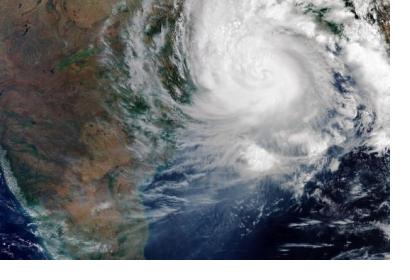The United Nations Office for Outer Space Affairs (UNOOSA) is pleased to announce the “United Nations International Conference on Space-based Technologies for Disaster Risk Reduction – ‘Lessons learned during the unprecedented pandemic situation”, to be held online from 24-25 November 2020. This conference is organised by the Beijing office of the United Nations Platform for Space-based Information for Disaster Management and Emergency Response (UN-SPIDER).
The conference follows nine conferences held since 2011, covering the themes of “Best practices for risk reduction and rapid response mapping” in 2011, “Risk assessment in the context of global climate change” in 2012, “Disaster risk identification, assessment and monitoring” in 2013, “Multi-hazard disaster risk assessment” in 2014, “A consolidating role in the implementation of the Sendai Framework on Disaster Risk Reduction 2015-2030” in 2015, “Understanding disaster risks” in 2016, “Building resilience through integrated application” in 2017, “Enhancing disaster preparedness for effective emergency response” in 2018 and “Policy perspective” in 2019.
Through these conferences, the UN-SPIDER programme of the United Nations Office for Outer Space Affairs connects the disaster management community and providers of geospatial information and develops the programmes to help developing countries to use space-based information in all stages of disaster management.
For further information, including a preliminary agenda, please visit the event page. To register, please follow this link.

